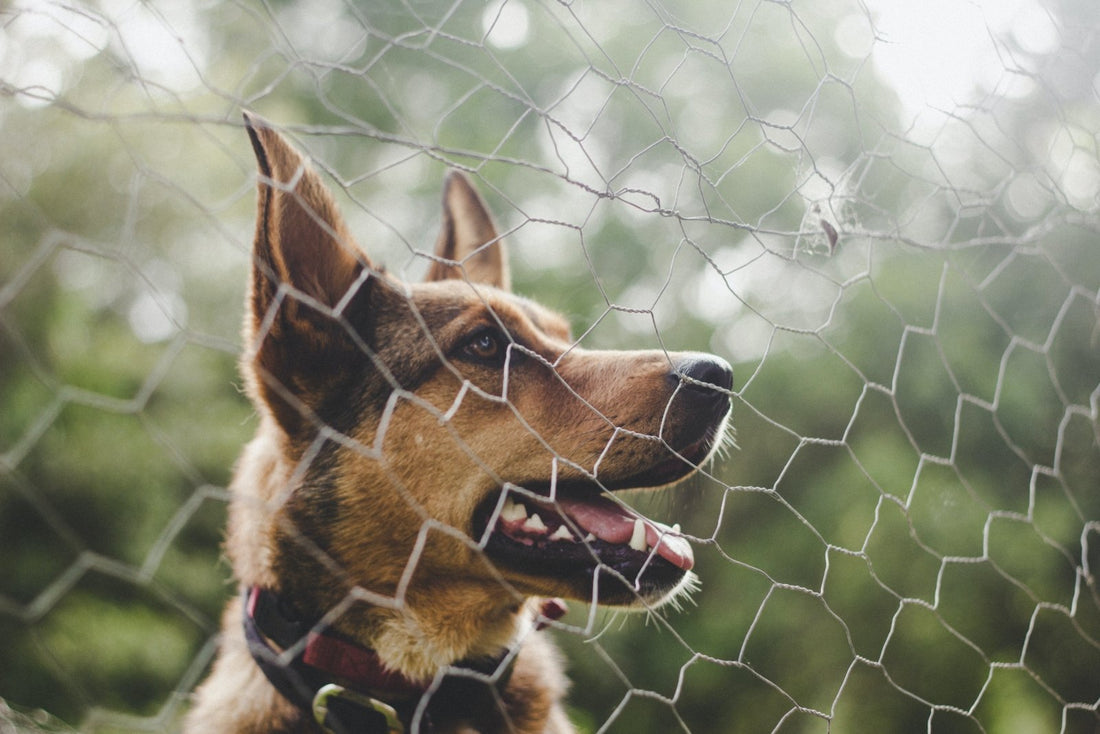
4 Ways to Stop Your Dog’s Excessive Barking
Share
Barking for dogs is natural. In fact, it is a way they communicate with each other and also with humans. But when it is excessive, it can become an annoying problem for you and your neighbors. Not too many people enjoy hearing the sound of a barking dog for hours and hours. So, what can you do short of giving your barking dog away? In this article, we will take a look at some of the ways you can stop your dog's excessive barking.
Understand the different types of barking
Recognizing the type of bark your dog is doing will help you handle the problematic barking more effectively. Most dog owners are unaware that there are different kinds of dog barking. For example, they may be barking as a warning that something is wrong and that’s a good thing. Then there's barking due to loneliness, boredom, illness, pain and a host of other reasons. These different kinds of dog barks should be managed with an understanding of the root cause before implementing various techniques. It is also wise to discuss the matter with your veterinary professional for advice.
When searching for a lasting solution, remember it is important as a dog owner to find out what triggers the behavior. If your dog is barking out of boredom, the solution may be to give him something to do. If separation anxiety triggers the problem, it may require a completely different approach. Pay close attention so that you have an idea of what makes them bark as this will help you solve the problem. For dogs that have taken up barking as a leisure-time activity, it may require a little more work. Fortunately, in this article, we will recommend some of the best solutions when dealing with this problematic barking.
How to stop dog’s excessive barking
Socialize your dog - A dog that has not been socialized may bark at people and other dogs. A well-socialized dog is less likely to bark unnecessarily. You can socialize your barking dog by taking him to the dog park and letting him meet people and other dogs. This is a good way to stop excessive barking that is as a result of fear or excitement. Socialization should begin as early as possible for best results.
Exercise your dog: Some dogs bark because they have excess energy and that energy has to go somewhere, right? A well-exercised dog is a tired dog and a tired dog is more likely to rest when you are not at home. Make sure your furry pal gets enough physical and mental exercise before leaving home in the morning. If possible, get someone to walk your dog for you.
Teach your dog the "quiet" command: A common way to reduce excessive barking is to teach your dog the “quiet” command. Use a firm and calm voice to tell your dog to be "quiet" and use positive reinforcement when your dog responds the correctly to the command. Reward good behavior with affection and treats. This trick can go a long way.
Ignore your dog when barking: This may sound a bit cruel but hear me out. Many dogs bark to ask for food, get attention, or to get them out of the crate. If you know that you’ve given your dog plenty of attention to last a lifetime, try ignoring your dog when he barks for even more attention; always wait for him to stop barking before you give him what he wants. And remember to provide positive reinforcement when your dog stops barking.
Lastly, if after trying all the above tips, you find out that you are unsuccessful at getting your furry pal to stop barking, then you may need to consult your dog's vet to rule out medical reasons and for other methods to try.
#louddogbarking #dogbarking #whiskerhut #barkinganimals #neighborsdog